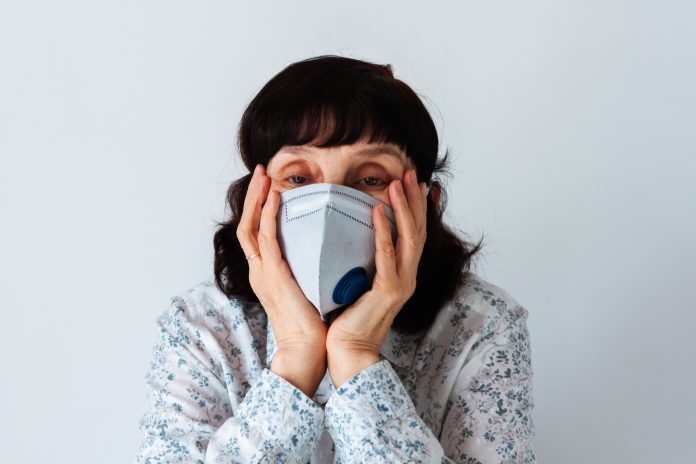A new study, published in The Lancet, found that 50% of hospitalised COVID patients have at least one symptom after 12 months – with one in three of them experiencing shortness of breath
According to data from a Wuhan-based study, individuals who survive being hospitalised for COVID are likely to have atleast one symptom – even 12 months after their hospitalisation.
The effects of Long COVID remain under investigation, with cohorts of scientists and healthcare workers across the world documenting the slow, ceaseless symptoms that some people suffer for months.
This new research sheds light on a slightly different genre of post-virus issues. Individuals who faced severe COVID and were hospitalised appear to remain ill, 50% of the time. The study on 1,276 Wuhan patients found that one symptom persists.
“Recovery for some patients will take longer than one year”
Professor Bin Cao, from the National Center for Respiratory Medicine, China-Japan Friendship Hospital, China, said: “Our study is the largest to date to assess the health outcomes of hospitalised COVID-19 survivors after 12 months of becoming ill. While most had made a good recovery, health problems persisted in some patients, especially those who had been critically ill during their hospital stay.
“Our findings suggest that recovery for some patients will take longer than one year, and this should be taken into account when planning delivery of healthcare services post-pandemic.”
Researchers say that one in three people still have shortness of breath, with lung impairments in some patients. In general, hospitalised COVID patients were less healthy than people from the wider community who had no history of infection.
Fatigue or muscle weakness was the most commonly reported symptom with around half of patients experiencing this at six months, falling to one in five patients at one year. Almost one third of patients reported experiencing shortness of breath at 12 months, which was slightly higher than at six months.
This was more prevalent in patients who had been the most severely ill and had been on a ventilator during their time in hospital, compared to those who had not required oxygen treatment.
“Long-term studies of COVID-19 survivors are needed”
Xiaoying Gu, one of the study’s authors, from Institute of Clinical Medical Sciences, China-Japan Friendship Hospital, China, said: “We do not yet fully understand why psychiatric symptoms are slightly more common at one year than at six months in COVID-19 survivors.
“These could be caused by a biological process linked to the virus infection itself, or the body’s immune response to it. Or they could be linked to reduced social contact, loneliness, incomplete recovery of physical health or loss of employment associated with illness.
“Large, long-term studies of COVID-19 survivors are needed so that we can better understand the long term physical and mental health consequences of COVID-19.”











